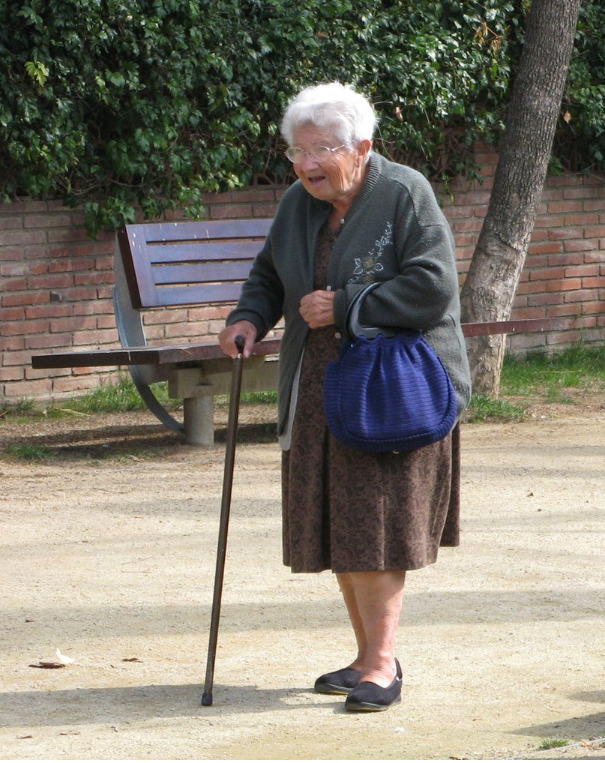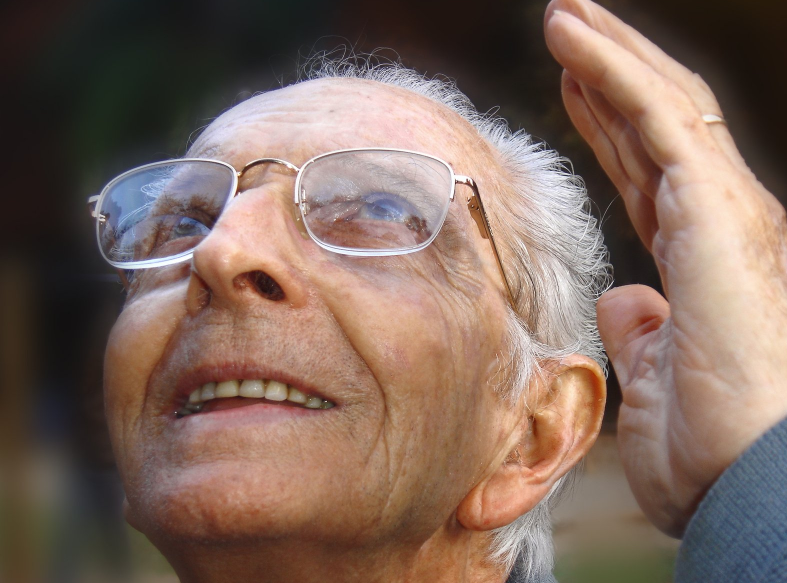What is Dementia?

This term covers several different symptoms which have a seriously negative impact on people’s ability to think, remember, and carry out their social functioning. These reach a point in which many dementia suffers are not able to lead a healthy daily life. Those who are in a vulnerable situation should have a livi app on their phone, because at just a touch of a button, they can connect with a GP, and get medical advice.
Dementia is not a specific disease as such; however, several types of conditions can cause dementia. And although, generally speaking, dementia is akin to memory loss, the latter has various different causes. Suffering from a loss of memory alone does not mean that someone actually has dementia.
Alzheimer’s Disease
This terrible debilitating disease, which usually affects older adults, is classed as the most well-known reason for progressive dementia in elderly patients. However, dementia can be brought on by multiple causes. Fortunately, some of the symptoms can be successfully treated.
Symptoms

Common symptoms and signs incorporate:
- Changes in cognitive ability
- Loss of memory
- Trouble finding the right words and communicating
- Difficulty with spatial and visual ability
- Trouble solving a problem or reasoning about something
- Finding complex tasks difficult
- Trouble organising and planning
- Having difficulty with motor functions and coordination
- Being disorientated and confused
- Suffering psychological changes
- Experiencing a change in personality
- Feeling depressed
- Feeling anxious
- Behaving inappropriately
- Having paranoia
- Feeling agitation
- Suffering from hallucinations
This condition is the result of the loss of, or damage to nerve cells, and their connections within the brain. People have different symptoms and are affected differently, due to the particular areas of their brains which have undergone damage.
Frequently, dementias are classed according to their commonalities. For example, the region of the brain which has been affected, or the protein/proteins which are deposited within the brain.
Progressive Dementias

The dementias which progress, and are not reversible, include Alzheimer’s disease, (which is the most common reason for this condition). And while not all causes of the latter are recognised, doctors and medical researchers are mindful that a tiny percentage is linked to a genetic mutation. And although a few genes are thought to be the culprits, one crucial gene which bumps up the risk, is known as APOE (apolipoprotein E4).
Vascular Dementia
This is the name of the second most common form of dementia. It comes about because of damaged vessels which take blood to the brain. Symptoms are usually slow organisation, poor focus, sluggish thinking, and difficulty solving puzzles, and appear more pronounced than memory loss.
Lewy Body Dementia
This is a condition when sufferers have abnormal clumps of protein in their brain. This form of dementia is one of the more common types. Symptoms and signs could be as follows; seeing something which does not exist, sleeping while acting out dreams, and difficulty paying attention and being focused.
Frontotemporal Dementia
This is the degeneration of nerve cells (and their connections) in the brain’s frontal/temporal lobes. Symptoms affect language and movement, judgement, thinking, personality and behaviour.
